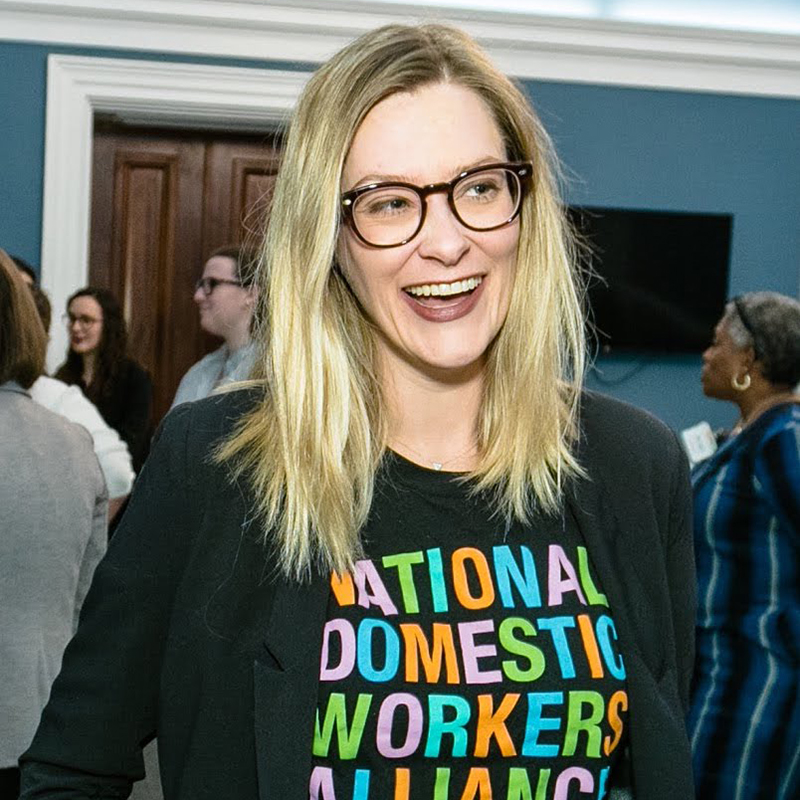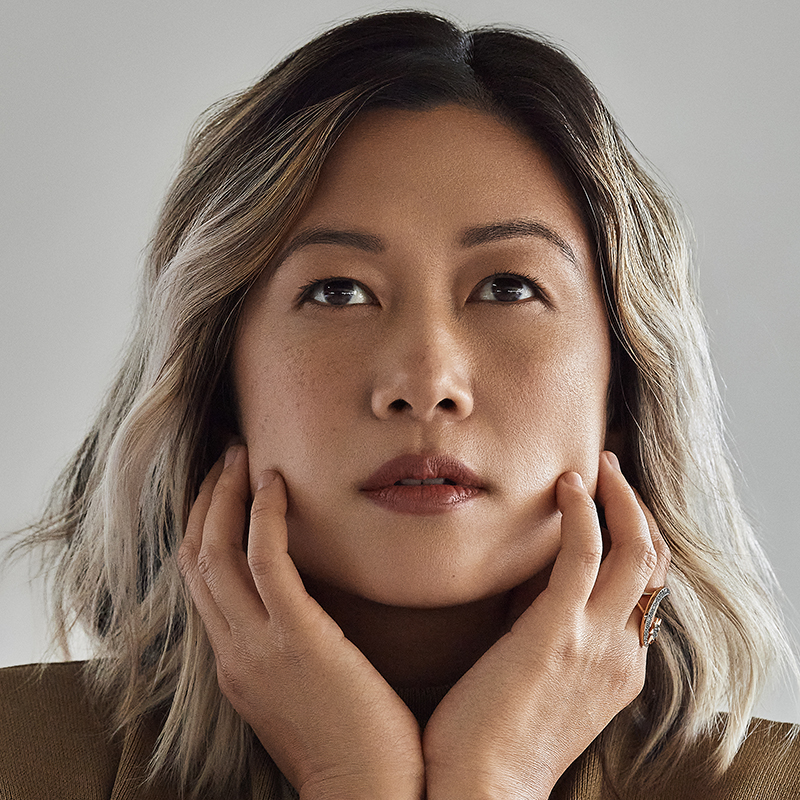Beyond Story Podcast
BEYOND STORY:
Adventures in Narrative Power
Join us as we stretch our understanding of what it means to build narrative power and explore ways to transform the institutions that shape how we, all of us, make sense of the world.
Featuring
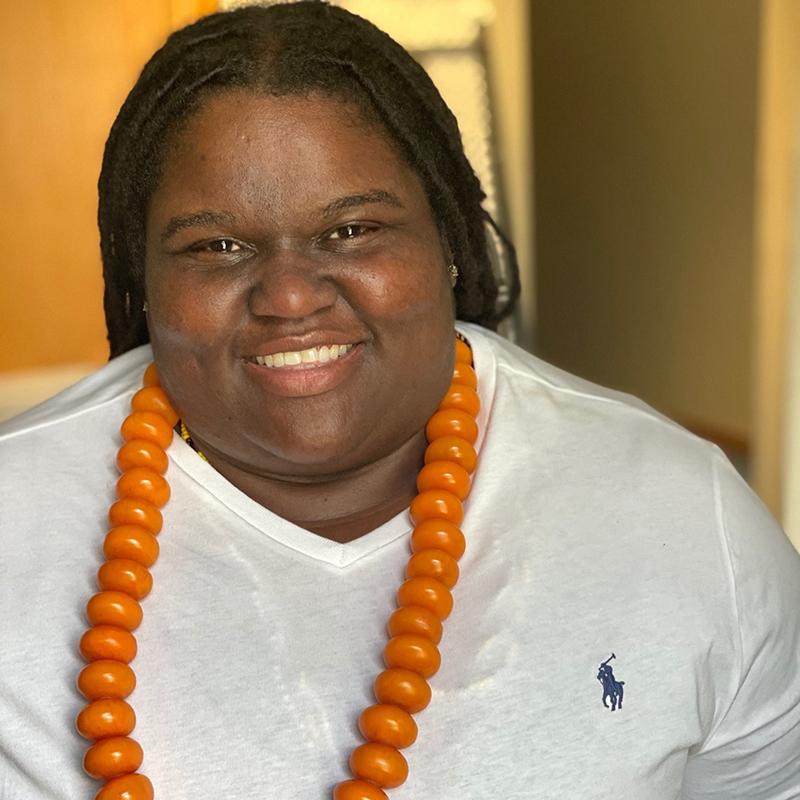
M Adams
Freedom Inc.
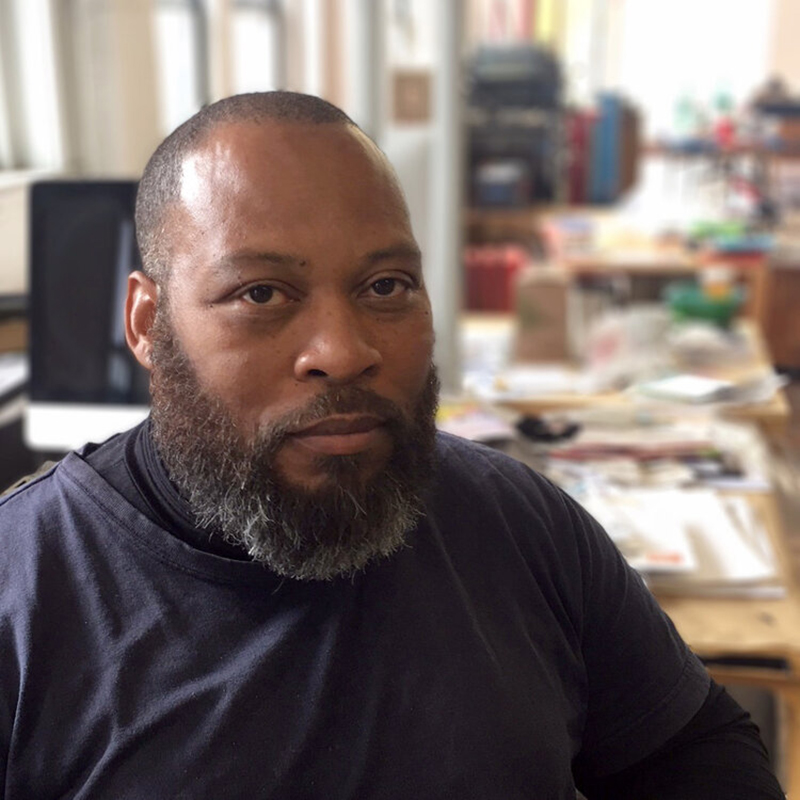
Kenneth Bailey
Design Studio for Social Intervention
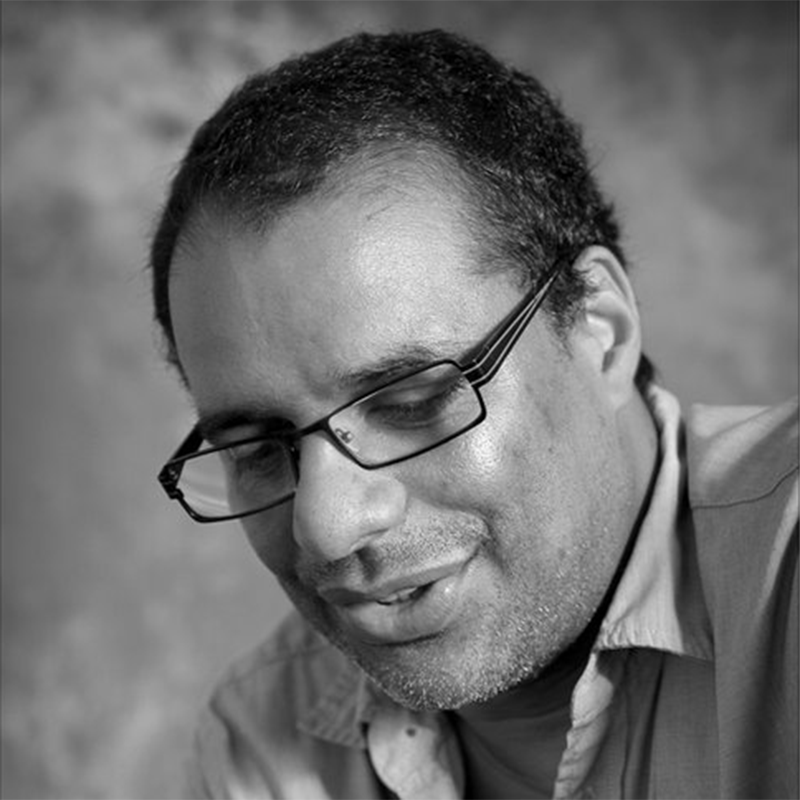
Christopher Cozier
Painter, writer, and curator
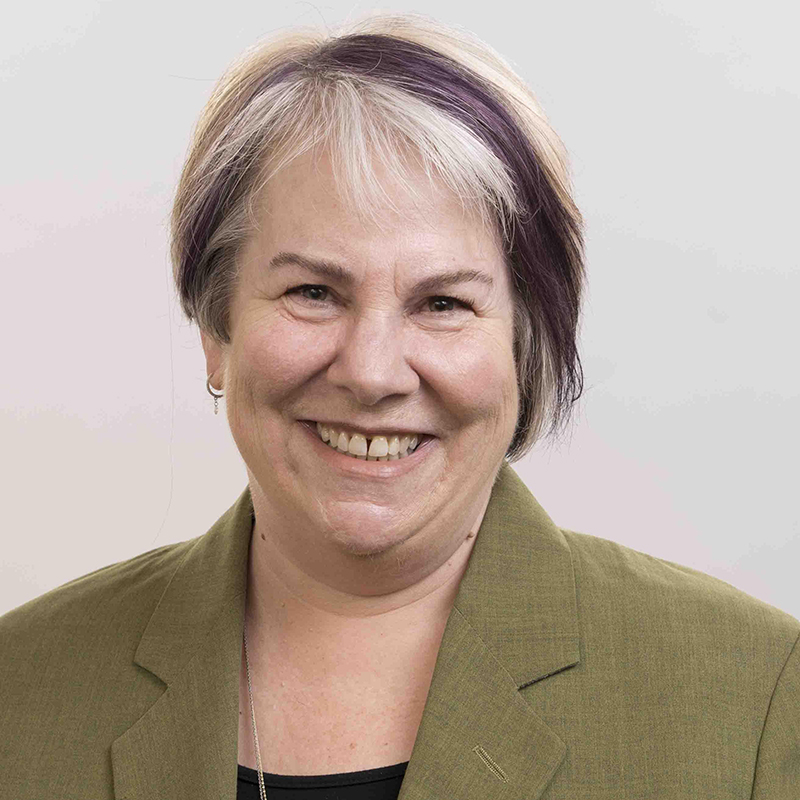
Lori Dorfman
Berkeley Media Studies Group
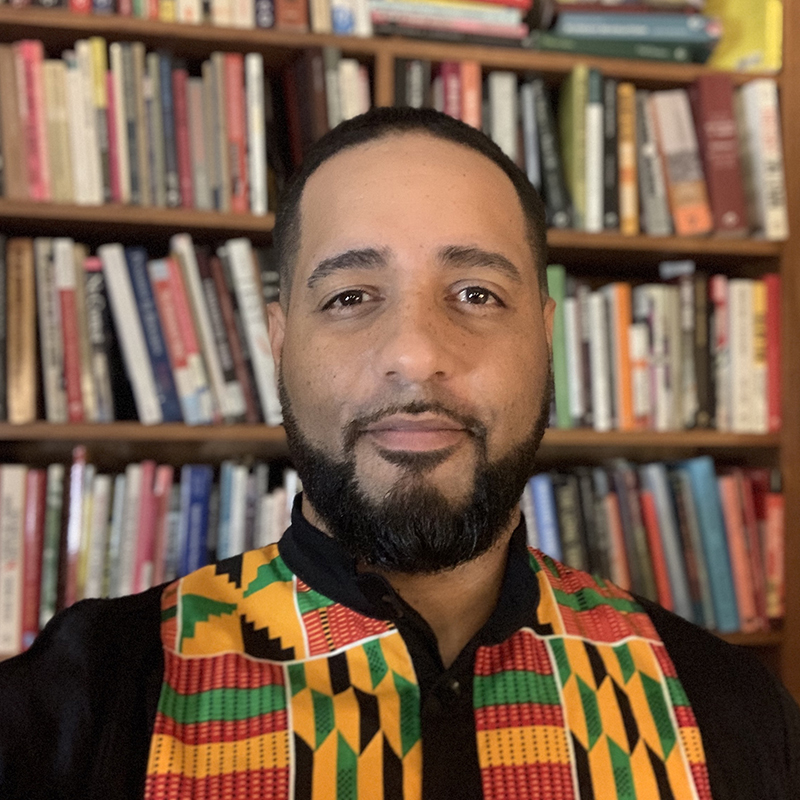
Jesse Hagopian
I am an Educator
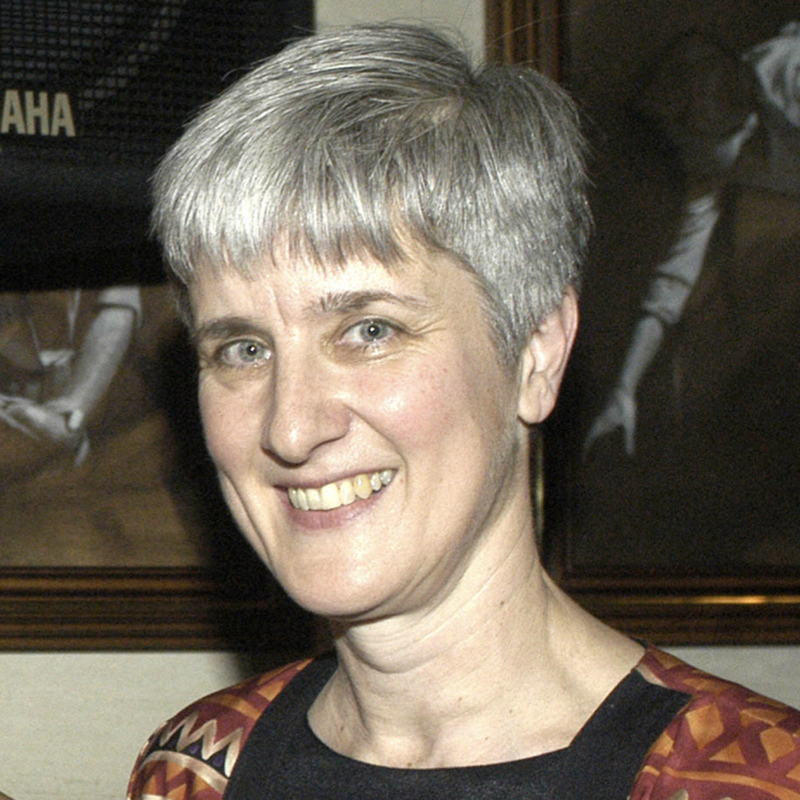
Deborah Menkhart
Teaching for Change
HOSTED BY Makani Themba
Photo by Raymond Holbert
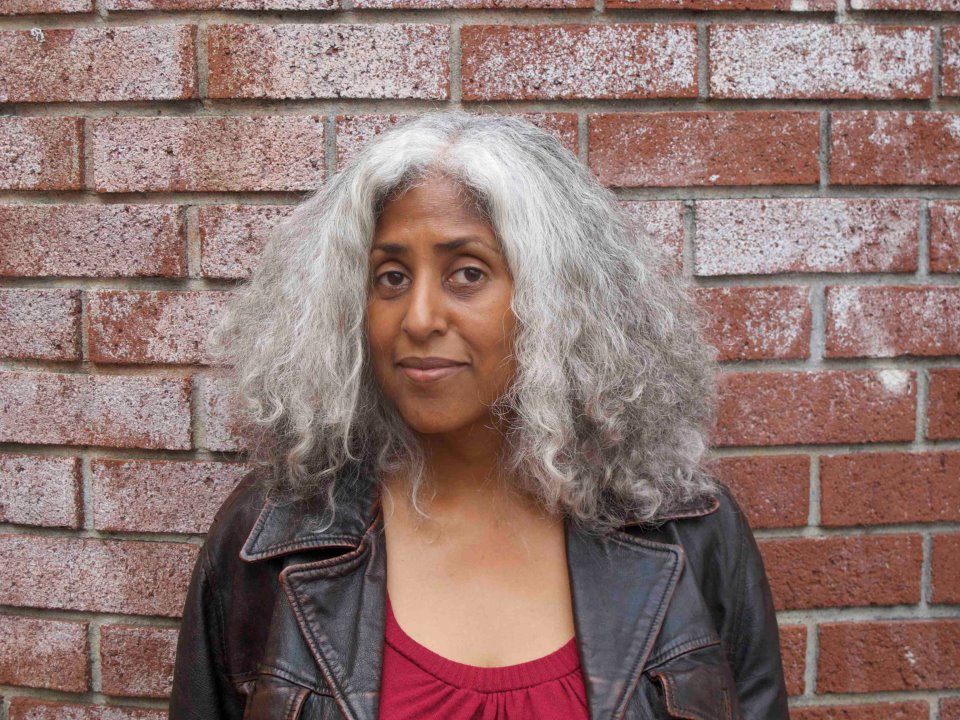
We are often taught to believe that ideas “stick” because they are better, more compelling than the ones that don’t. The truth, as is often the case, is more complicated.
What distinguishes the ideas that root and stay with us (good or bad) is the structural and cultural power behind them. This power is to define what’s true, what’s fact, determine the story of the past and institutionalize these ideas so that they are replicated and reinforced over time. This is narrative power.
Narrative power is critical to building all the kinds of power we need to change our world for the better. Yet, we tend to talk little about it and know even less.
Hosted by Makani Themba, the Beyond Story podcast features three fun, silo busting episodes as she talks with some of the leading actors who are actually building narrative power for transformative change.
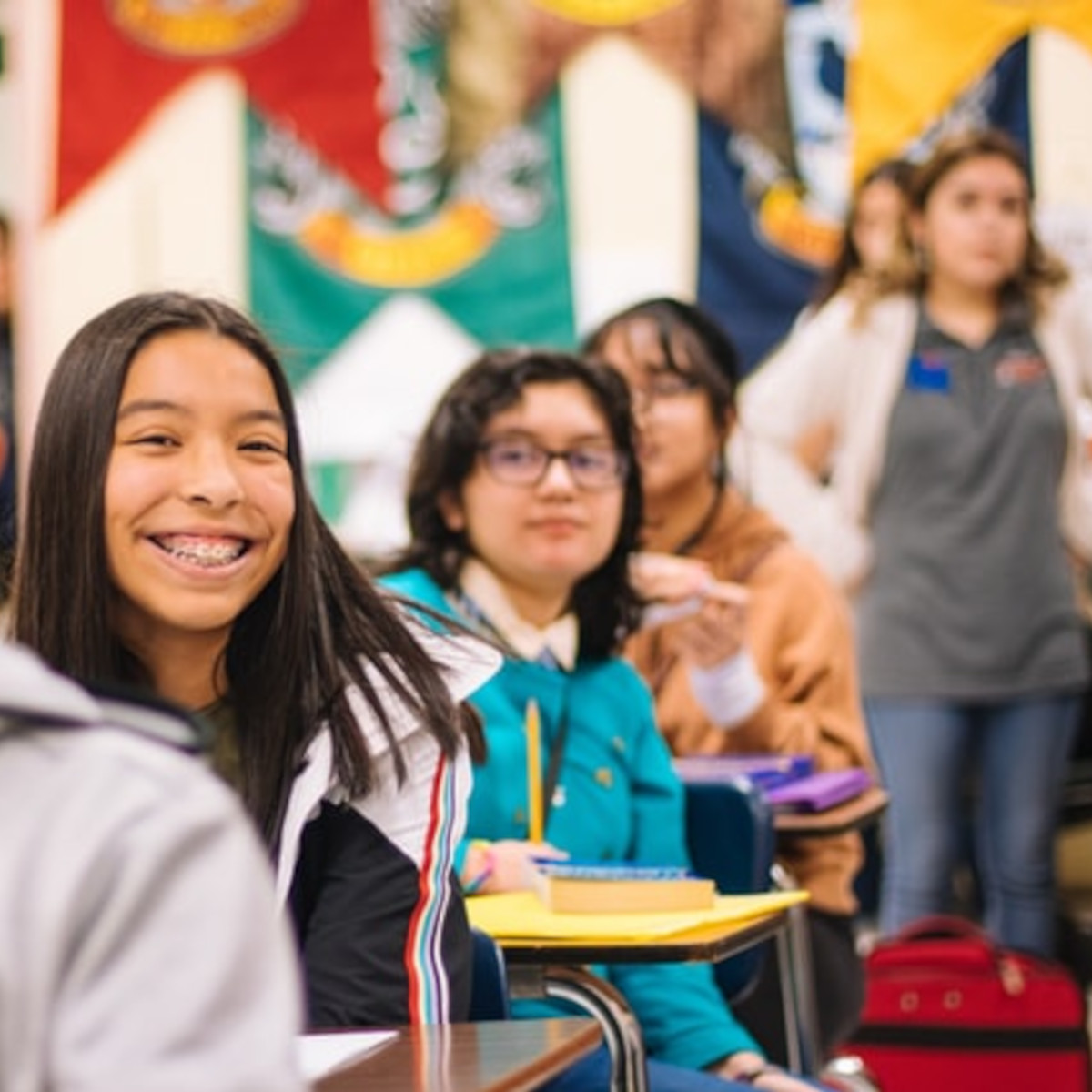
Episode 1: Classrooms, Concrete, and Canvases: Disrupting Dominant Narratives
The classroom is one of the most important sites of change in our efforts to build narrative power because it’s there where we learn most of what we think is fact. Yet, many of us know that much of what we learn in school are lies—especially when it comes to history. In fact, we are in a protracted battle over the past. Jesse Hagopian of Rethinking Schools and the Zinn Education Project, and Deborah Menkart of Teaching for Change discuss the heated battle over what we learn in school, the #TeachTheTruth movement, and why what’s taught affects all of us.
Art and culture are other important spaces where activists work to disrupt dominant narratives. Social interventions—structures, objects, events, simulations—designed to engage us and offer a fresh look at some aspect of our everyday. Kenneth Bailey, from the always beautifully provocative Design Studio 4 Social Intervention and Christopher Cozier, Caribbean anti-colonial and liberatory artist talk about their thinking and work that, in different ways, create social interventions that challenge our thinking, and open our hearts and minds to something new.
PART I: Jesse Hagopian, Rethinking Schools and Deborah Menkart, Teaching for Change
PART II: Kenneth Bailey, Design Studio 4 Social Intervention and Christopher Cozier, Caribbean anti-colonial and liberatory artist (start 30:48)
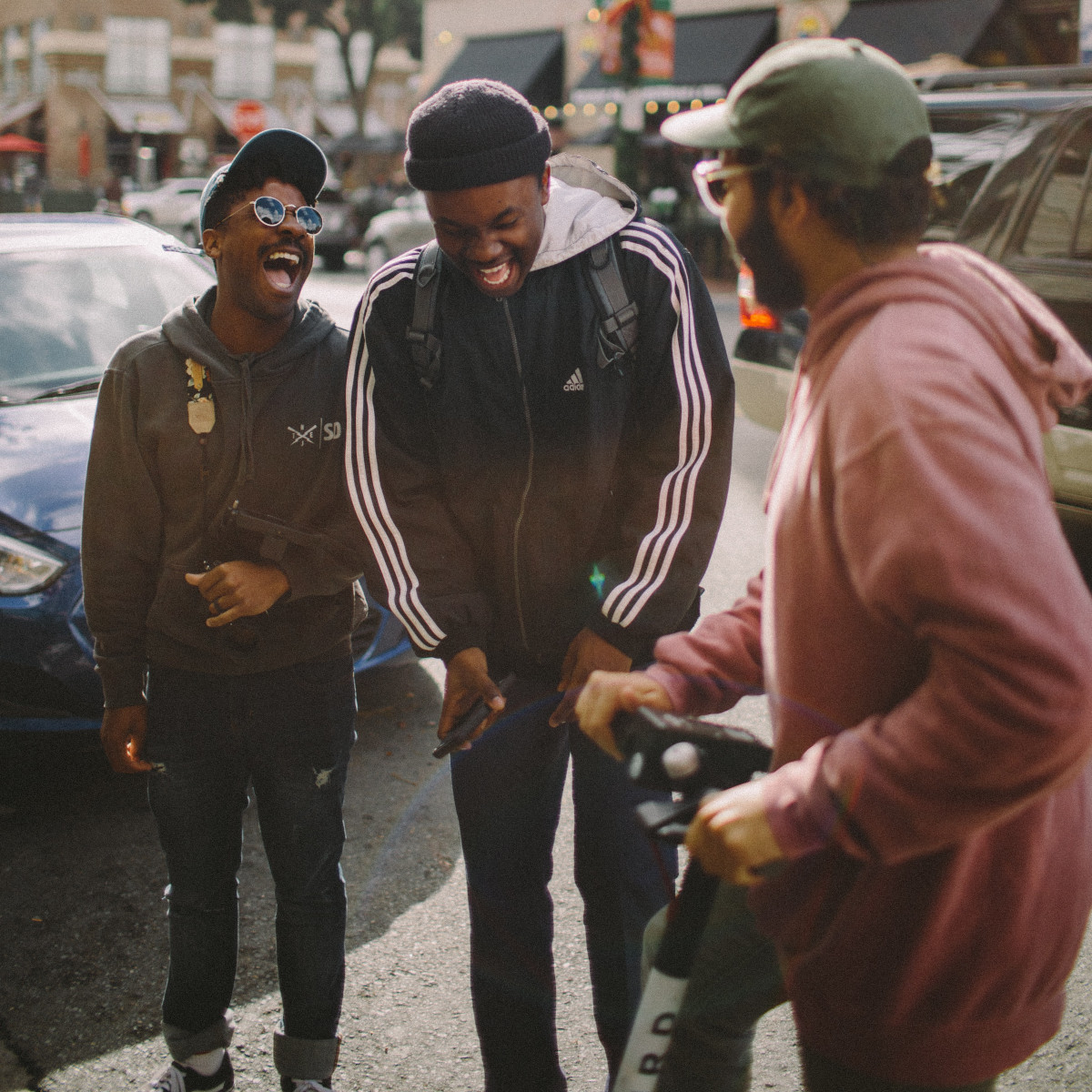
Episode 2: Pop Culture: The Justice Remix
We know we need to reach people by the millions in order to scale the change we seek. That kind of narrative power—the reach and the power to reproduce itself—requires some engagement with the big machinery we call popular culture.
In this episode, we speak with singer, songwriter MILCK on her break through music and how art can spark movement. Her song Quiet became an anthem in the rising conversation about trauma and sexual assault. Her music video drew millions of views. MILCK took it a step further by sharing her sheet music with an arrangement for group harmony. People responded by posting their own videos of them singing her song by the thousands. Her current project, Somebody’s Beloved, has built an intentional community of organizing groups as part of her creative process as she focuses on victims of hate and state violence.
We also sit down with Kristina Mevs-Apgar, Culture Change Director at the National Domestic Workers Alliance on how NDWA is building narrative power and culture change to lift up domestic workers’ visibility and voice. We will look at their cross-cutting work in film, fashion, news, bots, games and more. And we are definitely going in on their 2018 Golden Globes takeover.
PART I: Singer, songwriter MILCK
PART II: Kristina Mevs-Apgar, Culture Change Director at the National Domestic Workers Alliance (start 22:19)

Episode 3: When We Fight, We Win: Lessons from the Past, Hope in the Present.
We spend a lot of time extolling the Right for its effective narrative work. Yet, progressives have had some incredible victories. Consider the impact of the 1960s, the fight to reign in Big Tobacco, and more recently, how the Movement for Black Lives is advancing a new narrative around policing and funding priorities in our communities. In each case, cultural work and organizing outside of the traditional “boxes” helped to not only change the story, it changed the game.
M Adams of Freedom, Inc., speaks to the strategy and lessons from the present-day movement to end state violence and Berkeley Media Studies Group’s Dr. Lori Dorfman reflects on lessons from tobacco control and the 1960s.
PART I: M Adams, Freedom, Inc.
PART II: Dr. Lori Dorfman, Berkeley Media Studies Group (start 26:15)

